Find Help
More Items From Ergsy search
-
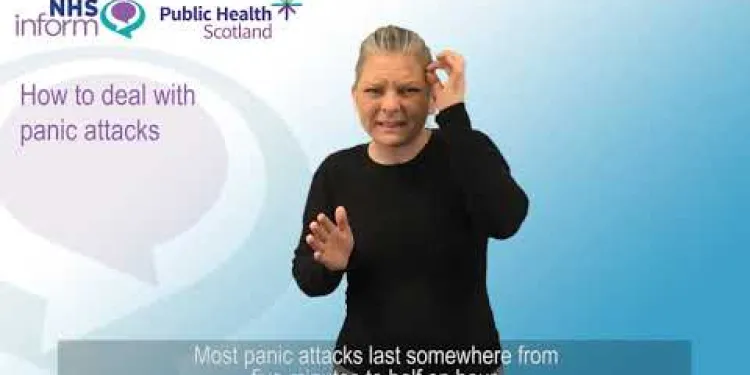
BSL - How to deal with panic attacks
Relevance: 100%
-
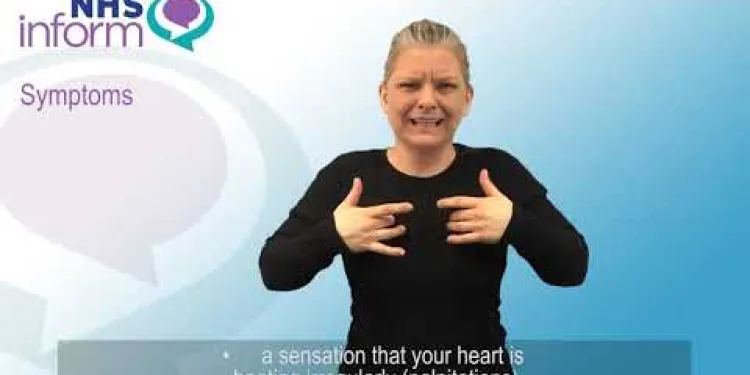
BSL - Symptoms of panic disorder
Relevance: 80%
-
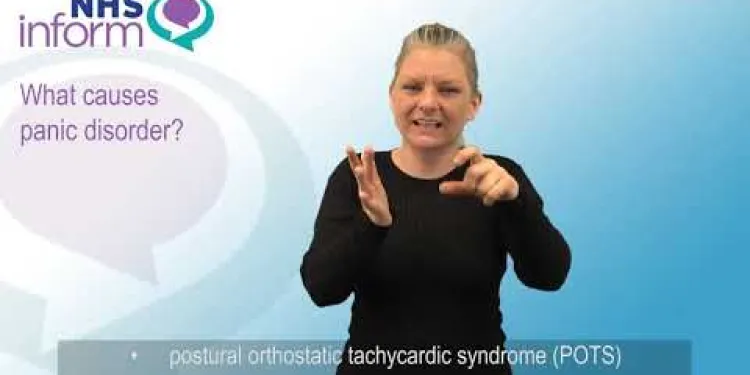
BSL - Introduction to panic disorder
Relevance: 79%
-
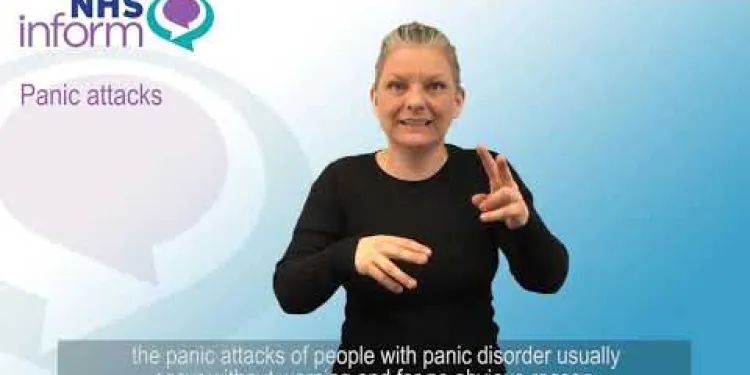
BSL - Diagnosis of panic disorder
Relevance: 78%
-
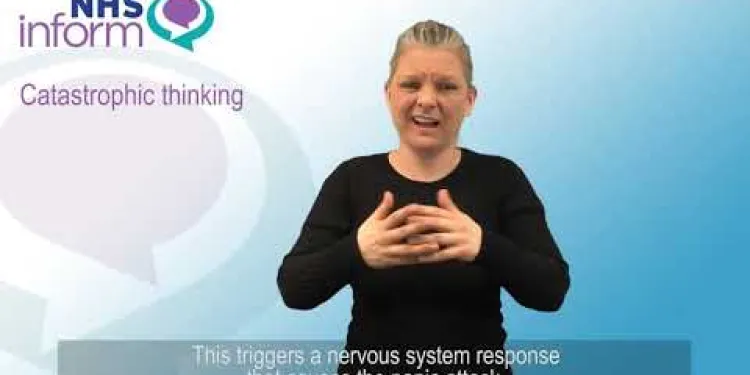
BSL - Causes of panic disorder
Relevance: 74%
-
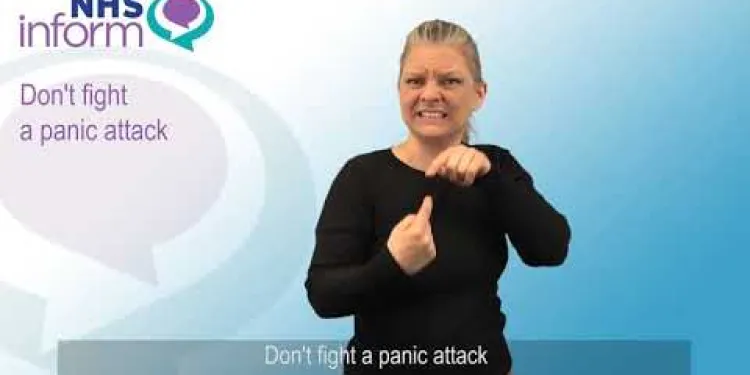
BSL - Panic disorder: things you can do to help yourself
Relevance: 72%
-
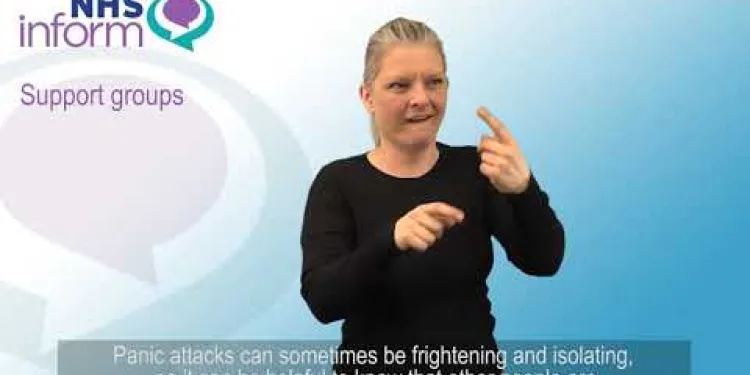
BSL - Treatment of panic disorder
Relevance: 71%
-
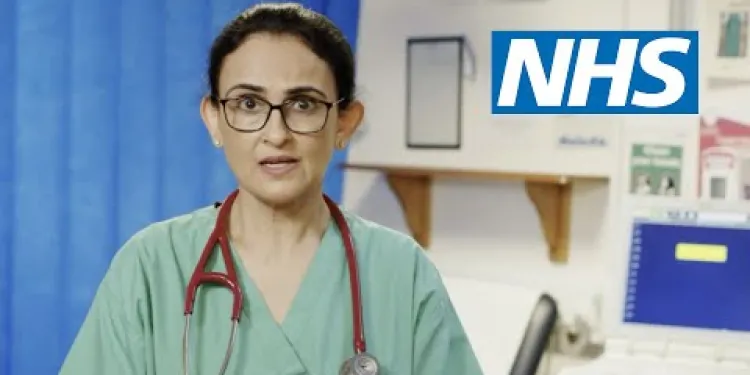
Heart Attack Stories | NHS
Relevance: 50%
-
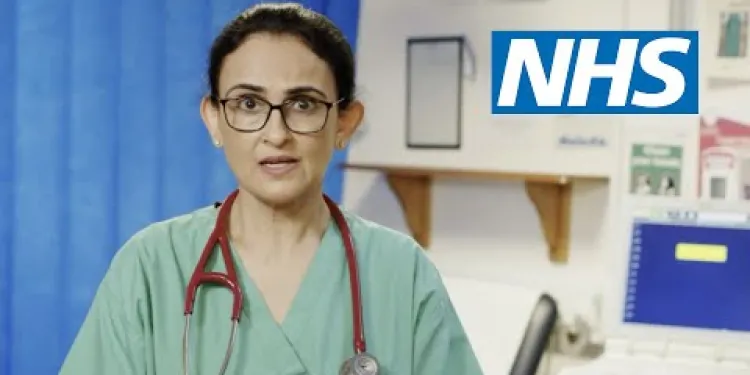
Heart Attack Stories | NHS
Relevance: 46%
-
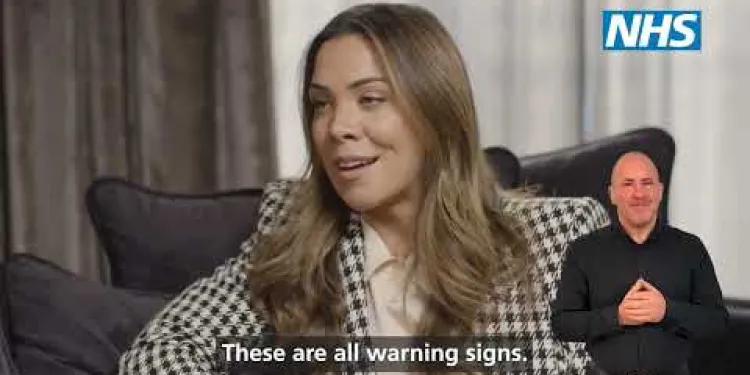
Heart Attack Symptoms - Peter Dale (Tubes) | NHS - BSL version
Relevance: 46%
-
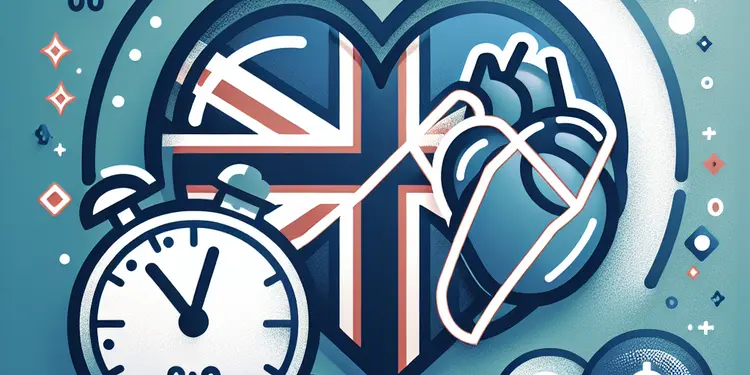
How long do heart attack symptoms last?
Relevance: 43%
-
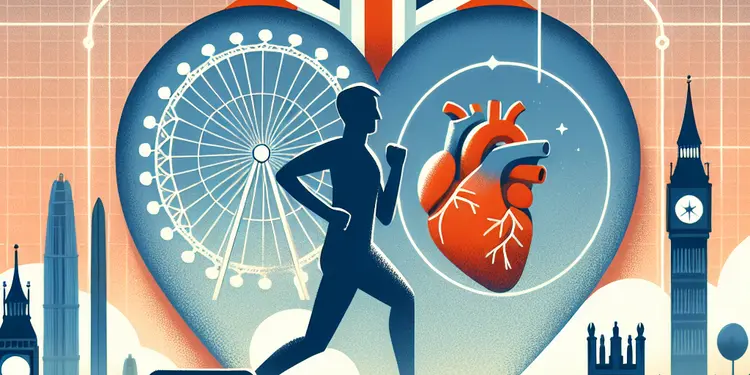
What should I do if I'm experiencing heart attack symptoms?
Relevance: 43%
-
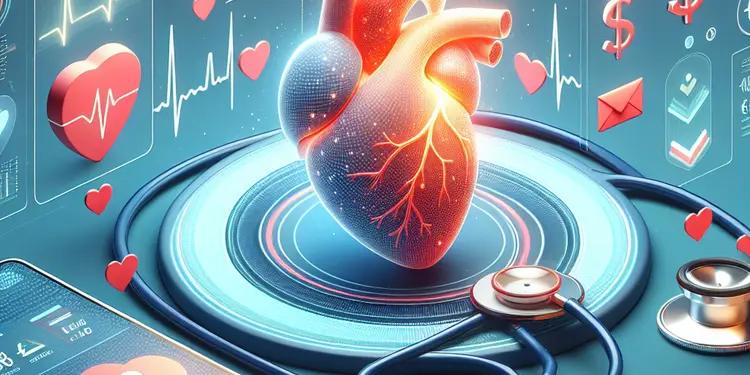
Is it possible to prevent a heart attack?
Relevance: 42%
-
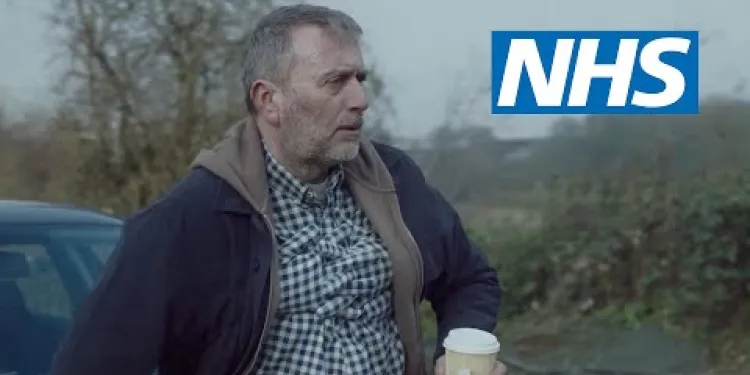
Heart Attack Symptoms - Help Us Help You | NHS
Relevance: 42%
-
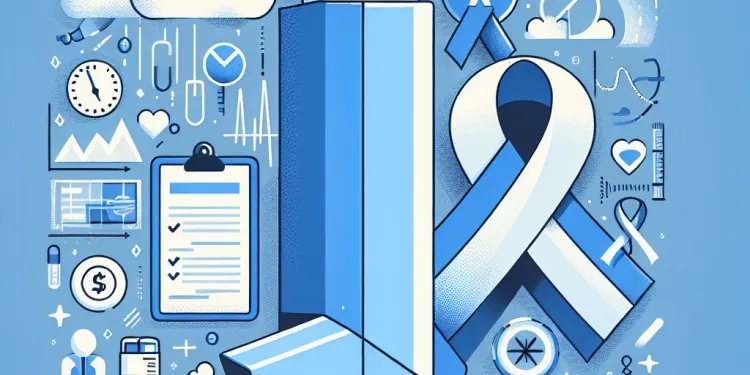
What triggers asthma attacks?
Relevance: 41%
-
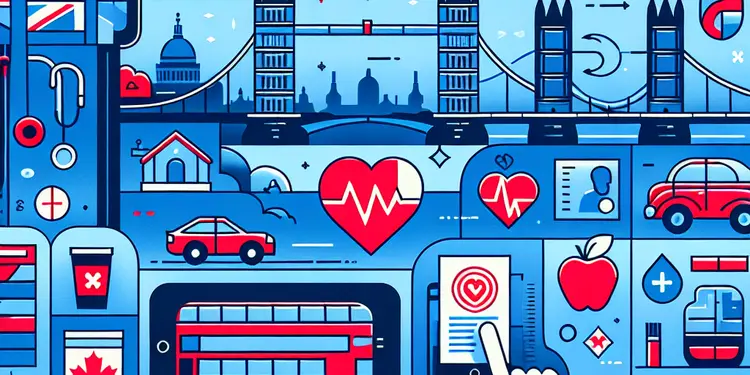
What are the risk factors for a heart attack?
Relevance: 41%
-
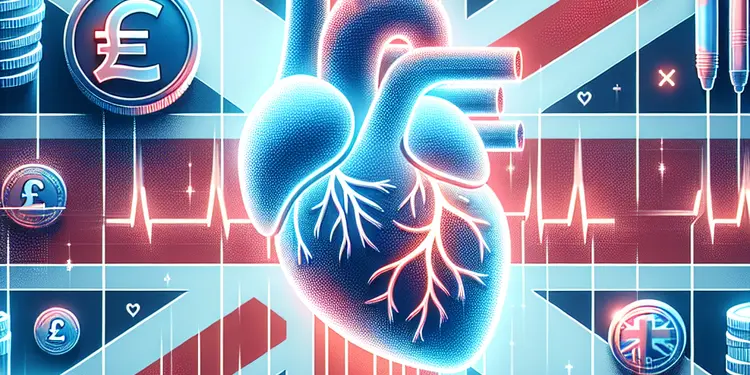
What are the long-term effects of a heart attack?
Relevance: 40%
-
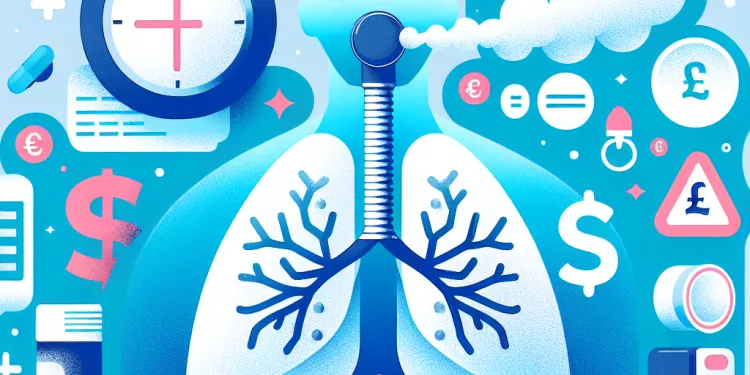
How can asthma attacks be prevented?
Relevance: 40%
-

Can women have different heart attack symptoms than men?
Relevance: 40%
-
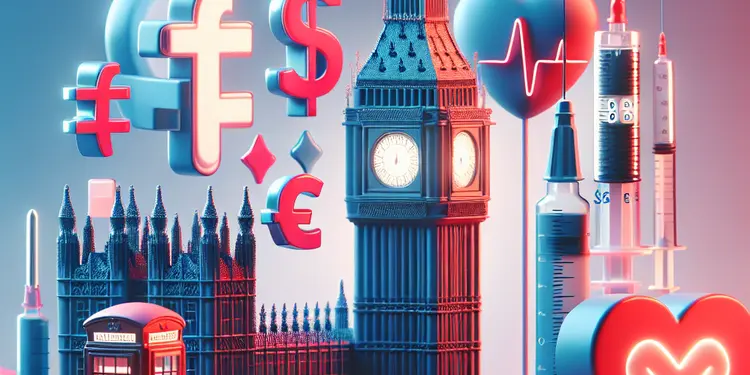
Are heart attack symptoms different for people with diabetes?
Relevance: 39%
-
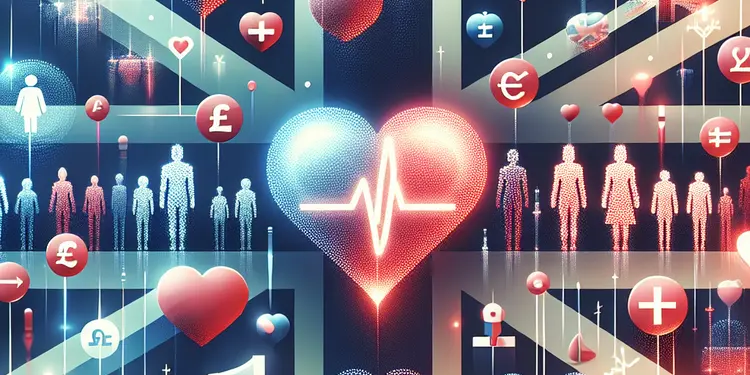
Can heart attack symptoms vary by age?
Relevance: 39%
-
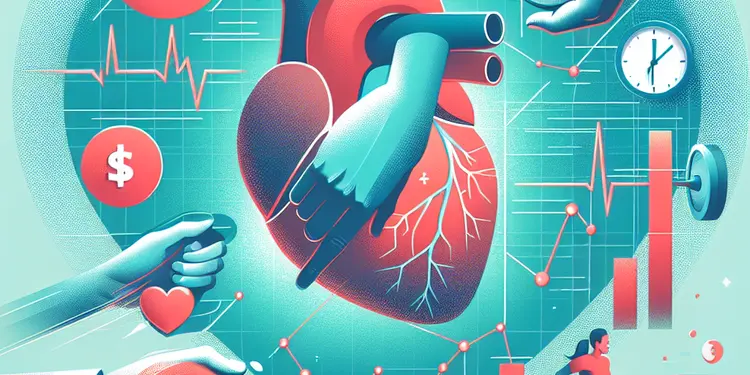
Can physical exertion trigger a heart attack?
Relevance: 39%
-
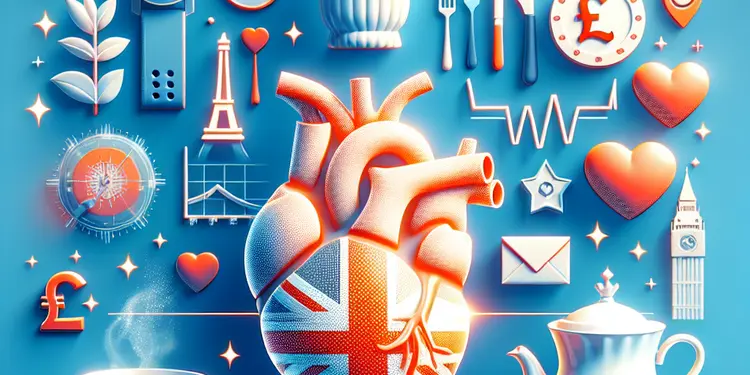
Is it possible to have a heart attack without chest pain?
Relevance: 39%
-
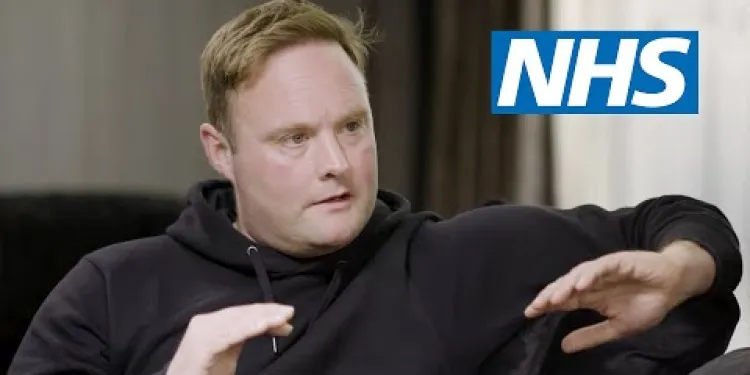
Heart Attack Symptoms - Peter Dale (Tubes) | NHS
Relevance: 38%
-
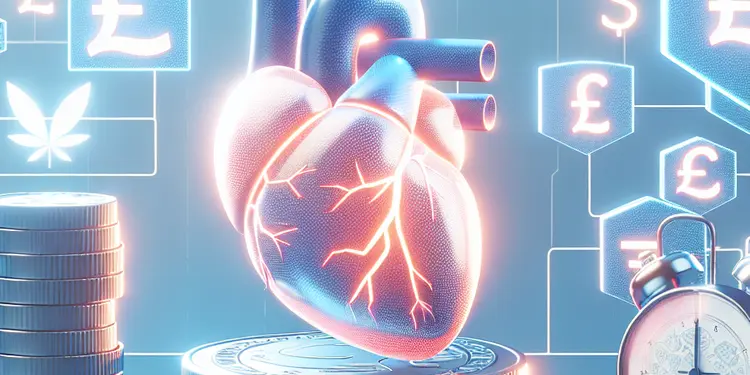
How do beta-blockers contribute to heart attack prevention?
Relevance: 38%
-
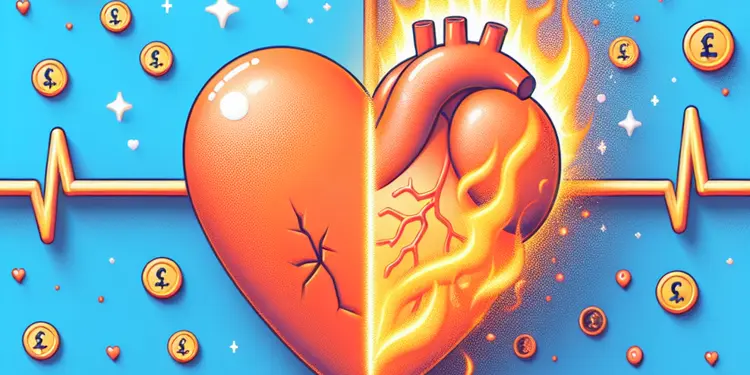
How can I differentiate between heartburn and a heart attack?
Relevance: 38%
-
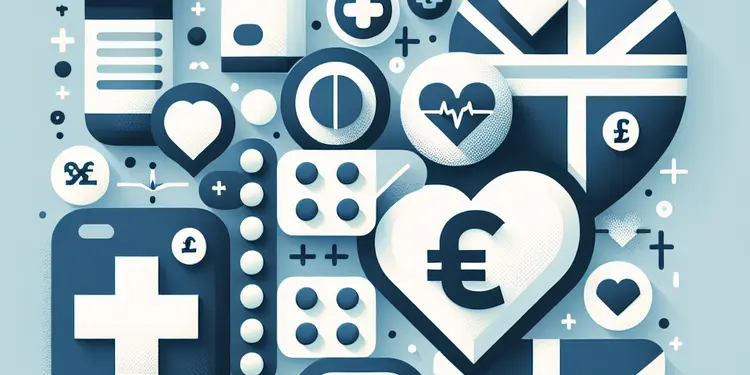
What drugs are commonly prescribed to reduce the risk of heart attacks?
Relevance: 37%
-
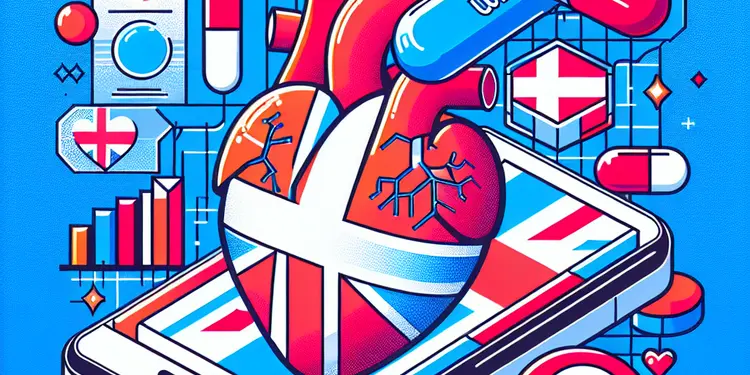
Do calcium channel blockers help in preventing heart attacks?
Relevance: 36%
-
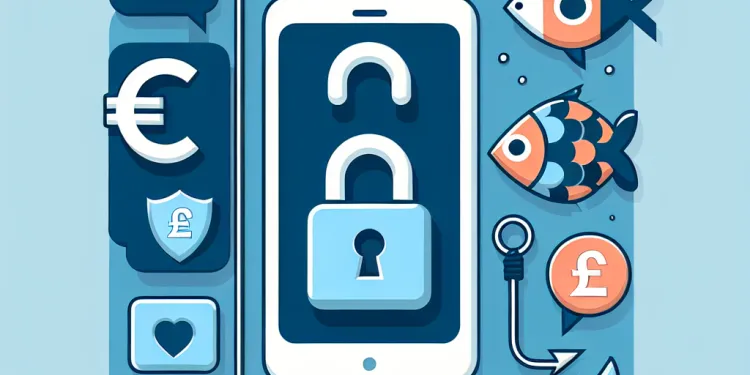
How can phishing attacks lead to social media hacks?
Relevance: 36%
-
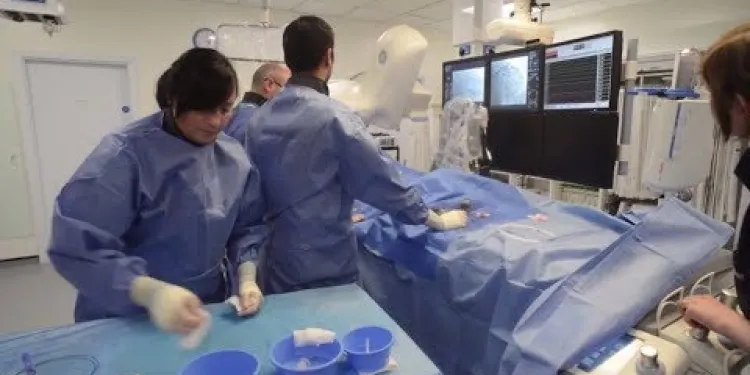
Heart attack care - Raigmore Hospital Inverness, NHS Highland
Relevance: 36%
-
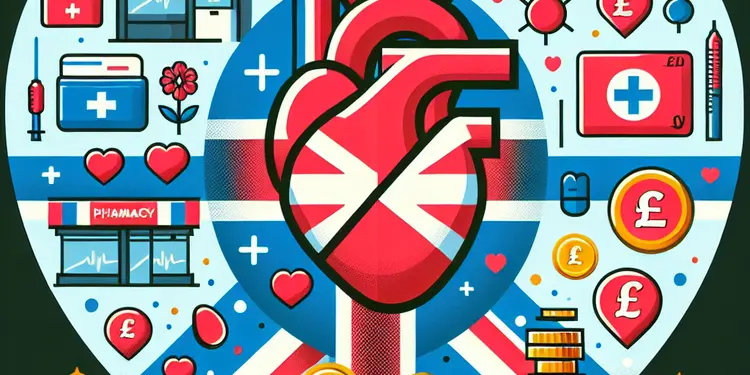
Do over-the-counter medications help in preventing heart attacks and strokes?
Relevance: 36%
-
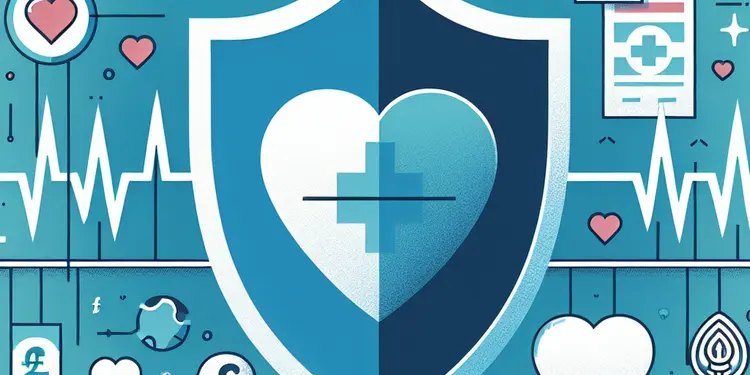
When should one start taking medication for heart attack prevention?
Relevance: 35%
-
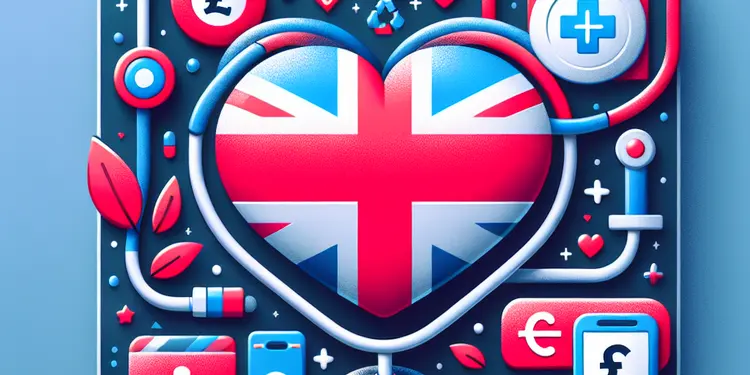
Do all patients need medication to prevent heart attacks and strokes?
Relevance: 35%
-
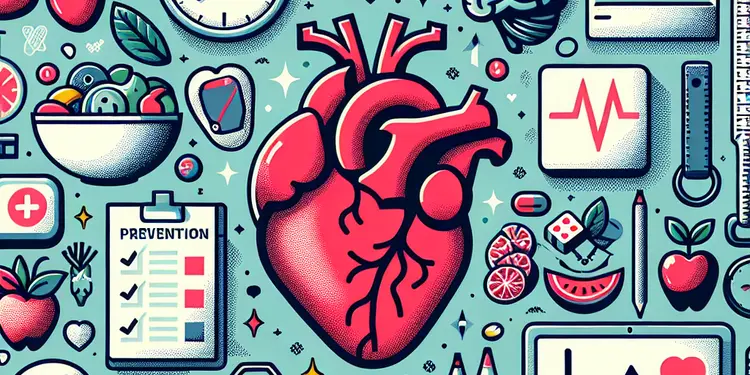
What is the role of lifestyle modification in heart attack and stroke prevention?
Relevance: 35%
-
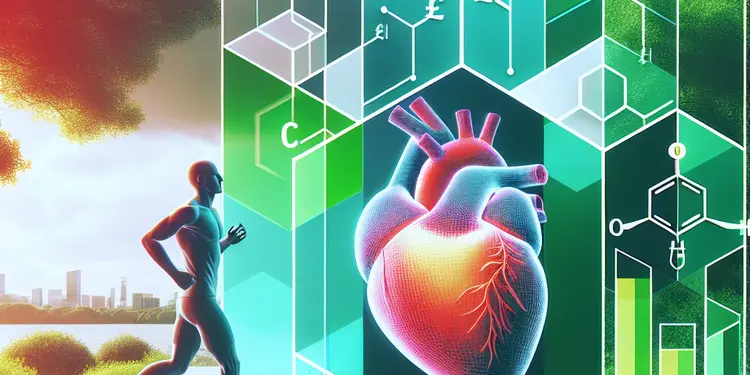
What is the role of PCSK9 inhibitors in heart attack prevention?
Relevance: 34%
-
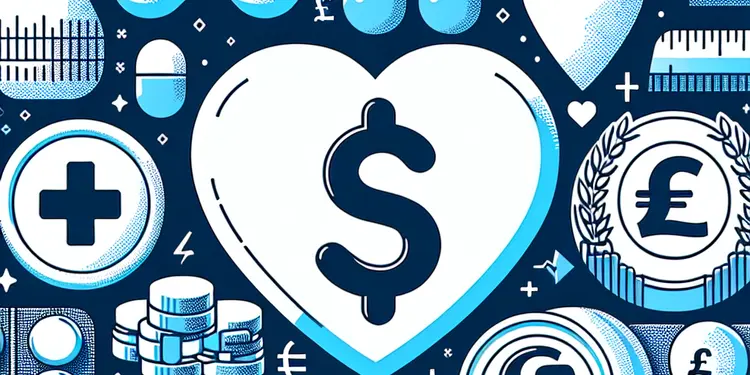
Can diabetes medications also help reduce heart attack risk?
Relevance: 33%
-
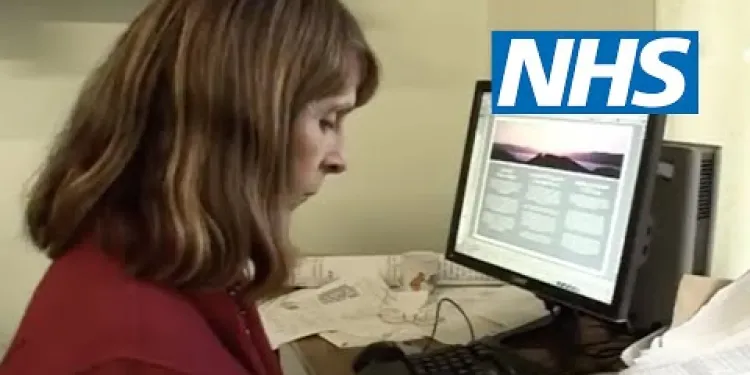
Anxiety | NHS
Relevance: 32%
-

Are Monzo and Revolut safe from cyber attacks?
Relevance: 27%
-

Are there any natural supplements that can help prevent heart attacks?
Relevance: 24%
-
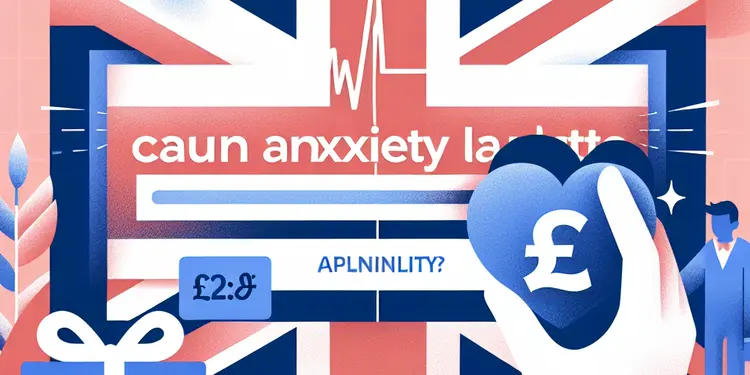
Can anxiety cause heart attack-like symptoms?
Relevance: 21%
How to Deal with Panic Attacks
Recognising a Panic Attack
Panic attacks can be extremely overwhelming and can happen without any warning. Common symptoms include a rapid heart rate, sweating, sensation of losing control, and tightness in the chest. Understanding these signs is the first step towards managing panic attacks effectively.Acknowledge and Accept
When you feel a panic attack coming on, it’s crucial to acknowledge and accept it. Remind yourself that while it is uncomfortable, it is not life-threatening. By accepting it, you can reduce the intensity of the panic attack.Practice Deep Breathing
Deep breathing techniques can help calm your nervous system. Inhale slowly through your nose for a count of four, hold the breath for a count of four, and then exhale slowly through your mouth for a count of six. Repeat this several times until you feel your anxiety decrease.Focus on the Present
Grounding techniques can be incredibly helpful. Focus on your five senses: identify five things you can see, four things you can touch, three things you can hear, two things you can smell, and one thing you can taste. This can help you redirect your mind away from the panic attack.Seek Professional Help
If you find yourself experiencing frequent panic attacks, it might be beneficial to seek professional help. Cognitive Behavioural Therapy (CBT) is an effective treatment for panic attacks. Additionally, discuss with your GP about other treatment options that could be beneficial for you.Join Support Groups
Sharing your experiences with others who understand what you are going through can be incredibly comforting. Look for local support groups in your area or online communities where you can connect with others who have similar experiences.Practice Regular Self-Care
Regular exercise, a healthy diet, adequate sleep, and mindfulness activities like yoga or meditation can significantly reduce the frequency and severity of panic attacks. Make sure to incorporate self-care routines into your everyday life to maintain mental well-being.How to Deal with Panic Attacks
Recognizing a Panic Attack
Panic attacks can be very scary and can happen suddenly. You might feel your heart beat fast, start sweating, feel like you are losing control, or have tightness in your chest. Knowing these feelings can help you handle panic attacks better.Acknowledge and Accept
When you feel a panic attack coming, say to yourself, "I know this is happening." Remember, it is uncomfortable but not dangerous. By accepting it, you can make it less strong.Practice Deep Breathing
Deep breathing can help calm you down. Breathe in through your nose for four seconds, hold the breath for four seconds, then breathe out through your mouth for six seconds. Do this a few times until you feel calmer.Focus on the Present
Try to focus on what is around you. Look for five things you can see, touch four things, listen for three sounds, notice two smells, and think about one taste. This can help take your mind off the panic attack.Seek Professional Help
If you have many panic attacks, talking to a professional can help. Therapy, like Cognitive Behavioural Therapy (CBT), works well for panic attacks. Talk to your doctor about what treatments can help you.Join Support Groups
Talking with others who know what you are going through can help a lot. Find groups near you or online where you can share your story and listen to others.Practice Regular Self-Care
Doing things like exercise, eating healthy, sleeping well, and practicing yoga or meditation can help reduce panic attacks. Make time for these things every day to take care of your mind and body.Frequently Asked Questions
What exactly is a panic attack?
A panic attack is a sudden episode of intense fear or anxiety that triggers severe physical reactions when there is no real danger or apparent cause. They can be very frightening and may make you feel like you are losing control, having a heart attack, or even dying.
What are the common symptoms of a panic attack?
Common symptoms include a racing heart, sweating, trembling, shortness of breath, chest pain, nausea, dizziness, numbness, and feelings of unreality or detachment.
How long does a panic attack usually last?
Most panic attacks last between 5 and 20 minutes, though they can sometimes last up to an hour. The intensity of the attack typically peaks within 10 minutes.
Are panic attacks dangerous?
Panic attacks themselves are not dangerous, but they can be very frightening. Repeated panic attacks can affect your overall well-being and may lead to avoidance behavior.
What can I do to calm down during a panic attack?
Try to focus on your breathing by taking slow, deep breaths. Grounding techniques, such as focusing on physical sensations, may also help. Reassure yourself that the attack is not life-threatening.
Should I seek professional help for panic attacks?
If you are experiencing frequent panic attacks or they are affecting your daily life, it is a good idea to speak to a healthcare professional. They can help you understand your symptoms and offer treatment options.
What treatments are available for panic attacks?
Treatments may include cognitive-behavioral therapy (CBT), medication (such as antidepressants or anti-anxiety drugs), and lifestyle changes like reducing stress, ensuring proper sleep, and regular exercise.
Can lifestyle changes help prevent panic attacks?
Yes, maintaining a healthy lifestyle can help. Regular exercise, balanced diet, adequate sleep, and stress management techniques can reduce the frequency of panic attacks.
Does caffeine trigger panic attacks?
Caffeine can increase anxiety in some individuals and may trigger panic attacks. Reducing or eliminating caffeine intake may help prevent panic attacks.
Can I use breathing exercises to manage a panic attack?
Yes, deep breathing exercises can be very effective. Try inhaling slowly through your nose, holding your breath for a few seconds, and then exhaling slowly through your mouth.
What is grounding and how can it help during a panic attack?
Grounding is a technique that helps you stay connected to the present moment. Techniques include focusing on physical sensations, describing your surroundings, or listing what you see and hear. This can reduce the intensity of a panic attack.
Can panic attacks be a sign of a more serious condition?
While panic attacks themselves are not life-threatening, they can sometimes be a symptom of an anxiety disorder or other mental health condition. It is important to talk to a healthcare provider for a proper diagnosis.
Is it possible to prevent panic attacks entirely?
It may not be possible to prevent panic attacks entirely, but consistent treatment and lifestyle adjustments can significantly reduce their frequency and severity.
Is relaxation therapy useful for dealing with panic attacks?
Yes, relaxation therapies, such as progressive muscle relaxation, deep breathing, and mindfulness meditation, can help reduce anxiety and control panic attacks.
What should I do if someone else is having a panic attack?
Stay calm, offer reassurance, and encourage slow, deep breathing. Help them find a quiet place to sit down, and stay with them until the attack passes. Avoid making assumptions about what they need; simply ask how you can help.
What is a panic attack?
A panic attack is when you suddenly feel very scared or worried. This can happen even if there is nothing dangerous around you.
During a panic attack, you might feel your heart beating fast, have trouble breathing, or feel dizzy.
If you have a panic attack, try to take slow, deep breaths. This can help you feel better.
Talking to someone you trust can also help. You can tell them how you feel.
A panic attack is when you suddenly feel very scared or worried. Your body might react strongly even though nothing dangerous is happening. Panic attacks can be very scary. You might feel like you can't control what's happening, like your heart is hurting, or even like you might die.
What happens during a panic attack?
A panic attack can make you feel very scared. Here are some common things you might feel:
- Your heart beats very fast.
- You feel sweaty.
- You might feel shaky or dizzy.
- It's hard to breathe.
- Your chest might hurt.
- You feel hot or cold suddenly.
If you have a panic attack, try to take deep breaths. You can also use a calming app or talk to someone you trust to help you feel better.
Common signs are:
- Your heart beats very fast.
- You sweat a lot.
- You shake or tremble.
- You find it hard to breathe.
- Your chest hurts.
- You feel sick to your stomach.
- You feel dizzy.
- You feel numb or tingly.
- Things do not feel real or you feel like you are not really there.
Reading tools like audiobooks can help if reading is hard. Also, asking someone to read the list out loud can be helpful.
How long does a panic attack usually last?
A panic attack is when you feel very scared all of a sudden. This feeling can make your heart beat fast and make it hard to breathe.
A panic attack usually lasts between 5 to 20 minutes. But sometimes, it can feel like it lasts longer.
If you have a panic attack, try to breathe slowly and deeply. You can also talk to someone you trust to help you feel better.
Panic attacks usually last between 5 and 20 minutes. But sometimes they can last up to an hour. The hardest part is usually over in 10 minutes.
Are panic attacks dangerous?
Panic attacks can be very scary. They make you feel very worried and upset. But don't worry, they are not dangerous. Panic attacks cannot hurt you.
If you have a panic attack, try to stay calm. Take deep breaths in and out. You can also count slowly to help you feel better.
Talking to someone you trust can help. A friend, family member, or a doctor can support you during a panic attack.
Panic attacks are not harmful, but they can be really scary. If you have them a lot, it might make you feel bad and make you want to stay away from things.
How can I feel better during a panic attack?
Breathe in and out slowly and deeply. This can help you feel calm. You can also try to notice things you can feel, like your feet on the ground or your hands on a table. Remind yourself that you are safe and nothing bad will happen.
Should I get help from a doctor for panic attacks?
If you feel very scared suddenly, this is called a panic attack. It can make your heart beat fast, it might be hard to breathe, and you could feel dizzy. If this happens a lot, it is a good idea to talk to a doctor or a nurse. They can help you feel better.
Here are some ways a doctor or a nurse can help:
- They can listen to you and understand what you are feeling.
- They can teach you ways to feel calm.
- Sometimes, they might give you medicine to help you feel less scared.
If you are scared often, tell a grown-up you trust and visit a doctor for help. They are there to support you.
If you often have panic attacks or they make life hard, talk to a doctor. They can help you know what is happening and find ways to make it better.
What can help when someone has panic attacks?
Panic attacks can be very scary. But there are ways to help. Here are some things that can make panic attacks better:
- Talk to a Doctor: A doctor can tell us what to do. They can help us get better.
- Therapy: Talking to someone about our feelings can help us feel calm. They can teach us ways to relax.
- Medicine: Sometimes, medicine can help us feel less afraid. A doctor can give us medicine if we need it.
- Deep Breathing: Taking slow, deep breaths can help us calm down during a panic attack.
- Relaxation Exercises: Doing things like yoga or meditation can help us stay calm.
It's always good to ask for help if we have panic attacks. People like friends, family, and doctors can support us. Apps and tools that guide us in deep breathing or meditation can also be helpful.
There are different ways to help people feel better:
- Talking Therapy: This is where you talk to someone who can help you feel happy and less worried. It's called cognitive-behavioral therapy (CBT).
- Medicines: Some people take medicines to help them feel less sad or worried. These are called antidepressants or anti-anxiety pills.
- Healthy Habits: Doing things like sleeping well, exercising, and finding ways to relax can help you feel better.
Can changing how you live stop panic attacks?
Yes! Changing some things in your life may help you feel better and stop panic attacks. Here are some things you can try:
- Exercise: Move your body every day. Go for a walk, dance, or play a sport.
- Eat Well: Try to eat healthy food like fruits and vegetables.
- Sleep: Make sure you get enough sleep at night.
- Relax: Take time to relax. Breathe slowly and try to stay calm.
- Talk: Share your feelings with someone you trust.
You can also use tools like checklists or reminders to help you remember these changes.
Yes, you can feel better by living healthy. Doing exercises, eating good food, sleeping enough, and finding ways to feel calm can help stop panic attacks from happening too much.
Can drinking caffeine make people feel scared?
Drinking caffeine might make some people feel very worried or scared. Caffeine is in drinks like coffee, tea, and cola. It can make your heart beat fast and make you feel nervous. Some people might feel like they are having a panic attack.
If you feel scared after drinking caffeine, try drinking less of it. You can also talk to a doctor if you need help.
To help understand how you feel, you can write down what happens when you drink caffeine. This is called a diary. You can also ask someone you trust to talk about your feelings.
Caffeine in drinks like coffee and tea can make some people feel more worried and scared. It might even cause panic attacks. Cutting down on caffeine or stopping it might help stop these panic attacks.
Tools to help:
- Drink more water instead of caffeinated drinks.
- Try herbal teas without caffeine.
- Use apps on your phone to track caffeine intake.
Can breathing exercises help with a panic attack?
Yes, breathing exercises can help. Breathe in slowly through your nose and then breathe out through your mouth. This can make you feel calmer. You could ask someone you trust to help. You can also listen to calming music or use a phone app that teaches breathing exercises.
Yes, breathing deeply can help a lot. Breathe in slowly through your nose, hold your breath for a few seconds, then breathe out slowly through your mouth.
What is grounding and how can it help during a panic attack?
Grounding is a way to help you feel calm and safe.
When you have a panic attack, you might feel very scared and nervous. Grounding can help you feel better.
Here are some things you can try:
- Take deep breaths and slowly count to 10.
- Look around and name 5 things you can see.
- Touch 4 things and think about how they feel.
- Listen for 3 sounds you can hear.
- Think about 2 nice smells you like.
- Remember 1 nice thing you did.
These steps help you focus on the present and calm down.
Grounding helps you stay calm and focused on right now. You can do this by feeling things around you, talking about what you see, or saying out loud the things you hear. This can help if you feel very scared or worried.
Can panic attacks mean something more serious is going on?
Panic attacks are scary moments when you feel really afraid. Sometimes, these attacks can happen because of other health problems. It's important to talk to a doctor if you have panic attacks. They can check if something else is causing them.
Helpful tools to feel better:
- Deep breathing exercises to calm down.
- Talking to someone you trust.
- Listening to soothing music.
If you often have panic attacks, ask an adult or a doctor for help. They can find the best way to help you.
Panic attacks do not hurt you, but they might show that you have anxiety or another mental health problem. It's important to see a doctor to find out what is going on.
Can we stop panic attacks from happening?
You might not be able to stop all panic attacks. But, by getting help and changing some things you do every day, you can have fewer panic attacks, and they might not be as bad.
Can relaxation help with panic attacks?
Panic attacks can feel very scary. Relaxation might help you feel better. Here is an easy way to understand:
- Relaxation Techniques: These are ways to help you calm down, like deep breathing or listening to calm music.
- Feeling Better: These techniques can make you feel more relaxed and safe.
If you have panic attacks, try relaxation. Talking to a person you trust can also help.
Yes, you can try ways to relax, like relaxing your muscles, breathing deeply, and thinking calmly. These can help you feel less worried and can stop panic attacks.
What to Do if Someone is Having a Panic Attack
Here are simple steps to help:
- Stay calm and talk to them in a gentle voice.
- Tell them to take slow, deep breaths.
- Ask if they want to sit somewhere quiet.
- Stay with them until they feel better.
- Ask if they need any help like calling a family member.
Remember, just being there can help them a lot. It's important to be kind and patient.
If you want more help, you can use breathing apps or calming music on a phone to help them relax.
Stay calm and tell them everything is okay. Help them breathe slowly and deeply. Find a quiet place where they can sit down, and stay with them until they feel better. Don’t guess what they need; just ask how you can help.
Useful Links
This website offers general information and is not a substitute for professional advice.
Always seek guidance from qualified professionals.
If you have any medical concerns or need urgent help, contact a healthcare professional or emergency services immediately.
Some of this content was generated with AI assistance. We’ve done our best to keep it accurate, helpful, and human-friendly.
- Ergsy carfully checks the information in the videos we provide here.
- Videos shown by Youtube after a video has completed, have NOT been reviewed by ERGSY.
- To view, click the arrow in centre of video.
- Most of the videos you find here will have subtitles and/or closed captions available.
- You may need to turn these on, and choose your preferred language.
- Go to the video you'd like to watch.
- If closed captions (CC) are available, settings will be visible on the bottom right of the video player.
- To turn on Captions, click settings .
- To turn off Captions, click settings again.
More Items From Ergsy search
-

BSL - How to deal with panic attacks
Relevance: 100%
-

BSL - Symptoms of panic disorder
Relevance: 80%
-

BSL - Introduction to panic disorder
Relevance: 79%
-

BSL - Diagnosis of panic disorder
Relevance: 78%
-

BSL - Causes of panic disorder
Relevance: 74%
-

BSL - Panic disorder: things you can do to help yourself
Relevance: 72%
-

BSL - Treatment of panic disorder
Relevance: 71%
-

Heart Attack Stories | NHS
Relevance: 50%
-

Heart Attack Stories | NHS
Relevance: 46%
-

Heart Attack Symptoms - Peter Dale (Tubes) | NHS - BSL version
Relevance: 46%
-

How long do heart attack symptoms last?
Relevance: 43%
-

What should I do if I'm experiencing heart attack symptoms?
Relevance: 43%
-

Is it possible to prevent a heart attack?
Relevance: 42%
-

Heart Attack Symptoms - Help Us Help You | NHS
Relevance: 42%
-

What triggers asthma attacks?
Relevance: 41%
-

What are the risk factors for a heart attack?
Relevance: 41%
-

What are the long-term effects of a heart attack?
Relevance: 40%
-

How can asthma attacks be prevented?
Relevance: 40%
-

Can women have different heart attack symptoms than men?
Relevance: 40%
-

Are heart attack symptoms different for people with diabetes?
Relevance: 39%
-

Can heart attack symptoms vary by age?
Relevance: 39%
-

Can physical exertion trigger a heart attack?
Relevance: 39%
-

Is it possible to have a heart attack without chest pain?
Relevance: 39%
-

Heart Attack Symptoms - Peter Dale (Tubes) | NHS
Relevance: 38%
-

How do beta-blockers contribute to heart attack prevention?
Relevance: 38%
-

How can I differentiate between heartburn and a heart attack?
Relevance: 38%
-

What drugs are commonly prescribed to reduce the risk of heart attacks?
Relevance: 37%
-

Do calcium channel blockers help in preventing heart attacks?
Relevance: 36%
-

How can phishing attacks lead to social media hacks?
Relevance: 36%
-

Heart attack care - Raigmore Hospital Inverness, NHS Highland
Relevance: 36%
-

Do over-the-counter medications help in preventing heart attacks and strokes?
Relevance: 36%
-

When should one start taking medication for heart attack prevention?
Relevance: 35%
-

Do all patients need medication to prevent heart attacks and strokes?
Relevance: 35%
-

What is the role of lifestyle modification in heart attack and stroke prevention?
Relevance: 35%
-

What is the role of PCSK9 inhibitors in heart attack prevention?
Relevance: 34%
-

Can diabetes medications also help reduce heart attack risk?
Relevance: 33%
-

Anxiety | NHS
Relevance: 32%
-

Are Monzo and Revolut safe from cyber attacks?
Relevance: 27%
-

Are there any natural supplements that can help prevent heart attacks?
Relevance: 24%
-

Can anxiety cause heart attack-like symptoms?
Relevance: 21%


